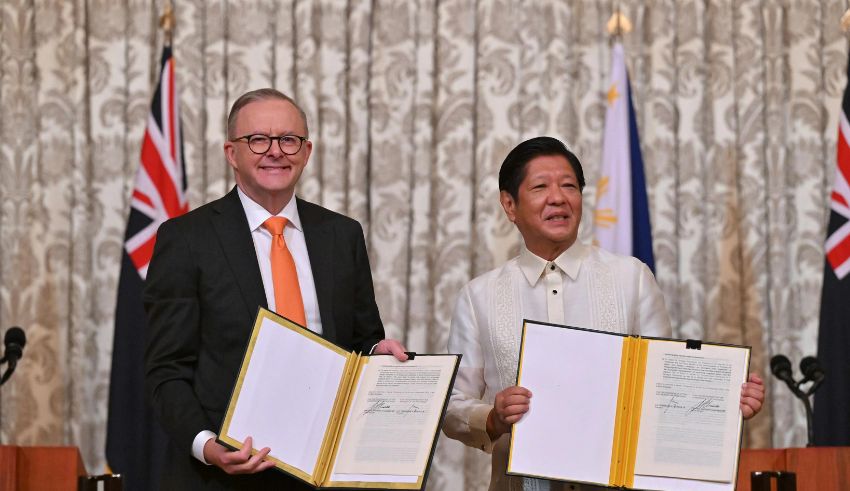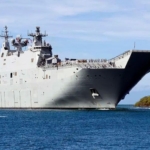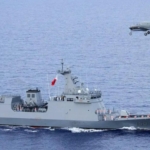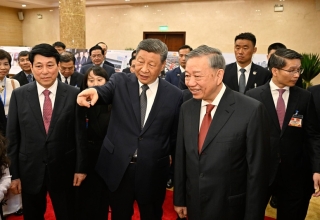
In a significant diplomatic move, Australian Prime Minister Anthony Albanese embarked on a historic visit to the Philippines, marking the beginning of a strengthened strategic partnership between the two nations.
This visit, part of a three-nation tour, emphasized cooperation in security, education, and addressing the climate crisis. It also reflects Australia’s deepening engagement in the Indo-Pacific region.
Strengthened Strategic Partnership
The cornerstone of Albanese’s visit to the Philippines was the establishment of a strengthened strategic partnership between the two nations. Australian Prime Minister Albanese expressed the significance of this partnership, saying, “The new strategic partnership that we’ll sign today will strengthen the bilateral ties that we’ve had for 77 years.” This partnership aims to bolster cooperation in various fields, including security and defense.
The visit comes at a time when both Australia and the Philippines share growing concerns over Beijing’s territorial claims in the South China Sea. President Ferdinand Marcos Jr. highlighted the importance of the relationship, stating that relations between the two nations were “terribly important.” The Philippines joined Australia in advocating for peace, stability, and respect for the 1982 Law of the Sea Convention, echoing a unified stance against unilateral actions in the South China Sea.
Albanese’s regional tour underscores Australia’s proactive role in the Indo-Pacific. Prior to visiting the Philippines, he participated in the annual Association of Southeast Asian Nations (ASEAN) Summit in Indonesia. Following his Philippine visit, he is scheduled to attend a Group of 20 (G20) meeting in India, highlighting Australia’s diplomatic endeavors in the region.
Call for Regional Stability
China’s recent unveiling of a new “standard” map of the South China Sea has sparked protests from Malaysia, the Philippines, and Vietnam—countries with territorial claims in the disputed waters. Australia and the Philippines called for regional stability and adherence to international law in response to China’s actions.
Australia’s participation in the Quadrilateral Security Dialogue (Quad) and the Australia-United Kingdom-United States (AUKUS) security pact reflects its commitment to upholding the international rules-based order and safeguarding vital trade routes, such as those passing through the South China Sea. In August, Australia and the Philippines conducted joint military exercises, further solidifying their commitment to regional security.
Keep Reading
President Marcos Jr. expressed a keen interest in enhancing military relations with the Philippines’ regional neighbors. This aligns with the country’s commitment to regional stability and cooperation. Analyst Don McLain Gill emphasized that the Australia-Philippines relationship should be viewed not merely as transactional but as equitable and sustainable, where both nations leverage each other’s strengths.
While security and defense cooperation are vital aspects of the strategic partnership, economic cooperation offers substantial opportunities for both countries. Analysts highlight the importance of maximizing economic cooperation to bolster trade, create job opportunities, and stimulate sustainable growth.
Fostering Regional Stability
The Australia-Philippines partnership plays a crucial role in fostering regional stability and cooperation in the Indo-Pacific. As both countries align their strategic interests and emphasize adherence to international norms and laws, their collaboration is poised to have a significant impact on regional dynamics.
In conclusion, Australian Prime Minister Anthony Albanese’s visit to the Philippines signifies a deeper commitment to regional security and stability. The establishment of a strengthened strategic partnership reflects the shared concerns of both nations regarding the South China Sea and their determination to uphold international norms and laws.


























